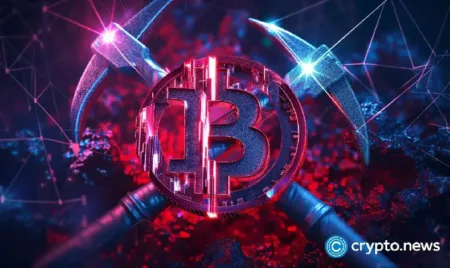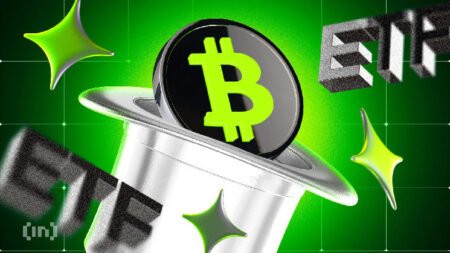Decentralized Finance (DeFi) has revolutionized the traditional financial system by eliminating intermediaries, providing users with greater control over their assets. In the early days, DeFi operated within siloed blockchain ecosystems, limiting the transfer of digital assets between different DApp environments. However, with the introduction of cross-chain bridges, users can now bridge their crypto assets across different blockchain networks, such as Ethereum and Solana, increasing interoperability within the DeFi space. Despite this advancement, cross-chain bridges have faced security vulnerabilities, raising concerns about their reliability.
According to a report by Chainalysis, cross-chain bridges were particularly vulnerable during the 2022 bull market, with several high-profile hacks targeting these infrastructures. The total value locked (TVL) in cross-chain bridges is significantly lower compared to the larger DeFi ecosystem, indicating that they have not lived up to the initial hype. The reliance on automated smart contracts for trustless bridges, while popular, has also proven to be a weak link, with several instances of exploitation and attacks compromising user funds.
In January 2022, malicious actors exploited the Qubit bridge contract, minting millions of dollars worth of tokens by bypassing the verification process. Similar incidents, such as the Wormhole bridge exploit, have underscored the vulnerabilities of trustless bridges. Compromised private keys have also posed a significant risk to the security of cross-chain bridges, as seen in the Axie Infinity’s Ronin bridge hack, where over $620 million in user funds were compromised.
To address the security concerns and enhance interoperability in the DeFi ecosystem, zero-knowledge (ZK) proofs are emerging as a promising solution. ZK rollups leverage validity proofs to ensure privacy and security while enabling seamless transactions across multiple DApp environments. Projects like the Prom zkEVM are pioneering the use of ZK rollups to strengthen the integrity and resilience of DeFi markets, offering a more secure alternative to traditional cross-chain bridges.
Despite the challenges faced by cross-chain bridges, ZK rollups are gaining momentum in the DeFi space, with the TVL across ZK rollups growing significantly in recent years. The adoption of novel cryptography, such as zero-knowledge proofs, is essential for ensuring the privacy and security of DeFi users while promoting interoperability across different blockchain networks. As DeFi continues to evolve and expand, embracing innovative technologies like ZK rollups could unlock new opportunities for the future of decentralized finance.



















